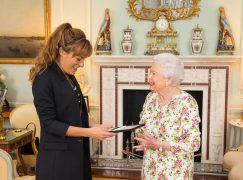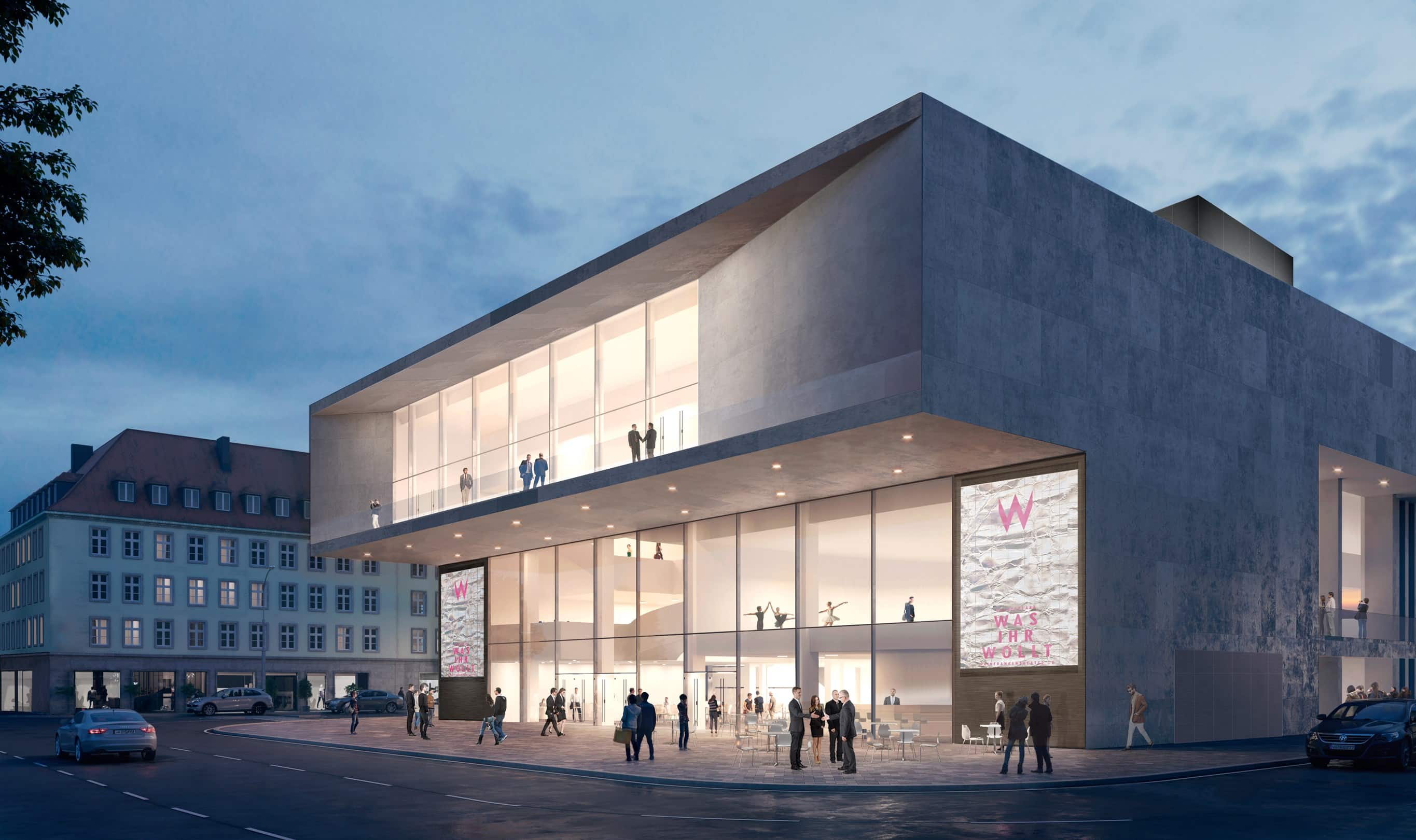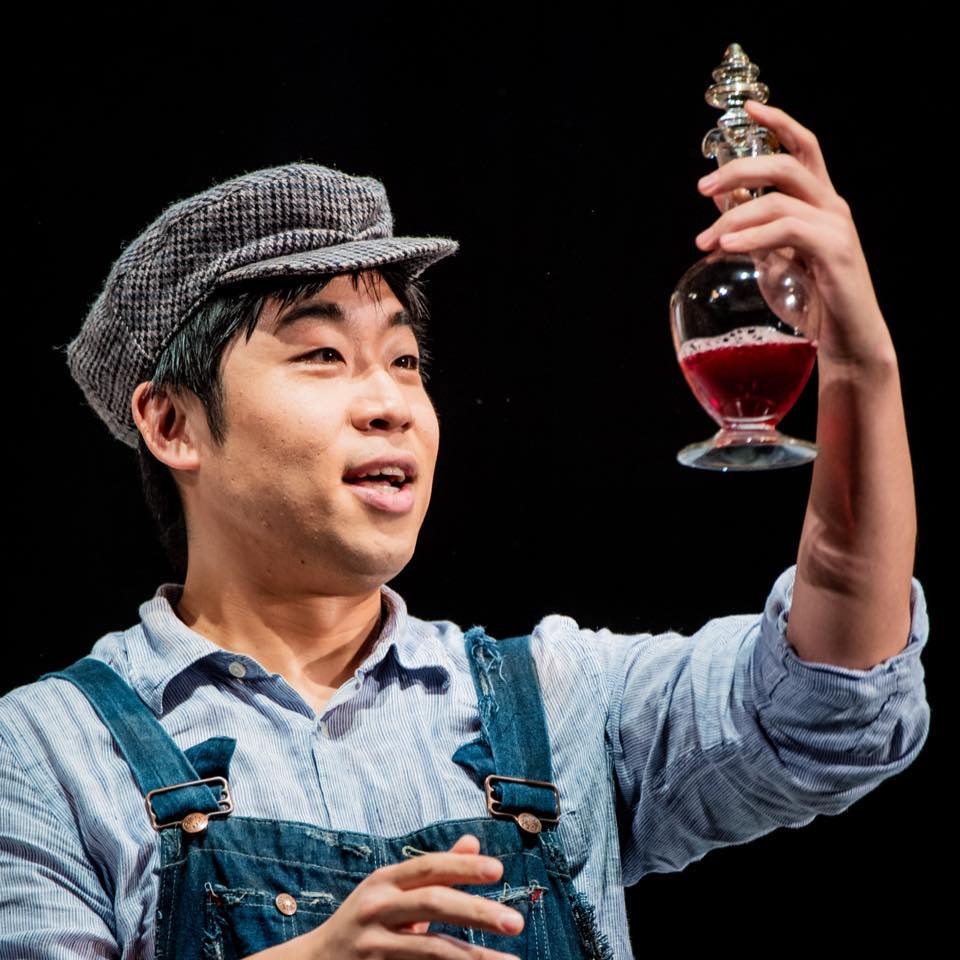Young violinist defends the ageing audience
mainNicola Benedetti has told CBC Radio that the pressure to produce younger audiences has gone too far.
The Scottish violinist, 29, is quoted as saying:
‘One thing is to criticise the audience for being old, as if that’s negative. I can;t believe how terrible that is and how offensive it is to categorise a group in that way and to encourage a generation gap.’
So true.

Benedetti at an older audience





Finally, someone has said it. Bravo, Nicola!
Not exactly the context of her remarks. Nor the main thrust of her interview. Though I must admit neither the interviewer nor she articulated any of the points they were both clearly interested in very well.
http://www.cbc.ca/radio/popup/audio/listen.html?autoPlay=true&mediaIds=972729411517
All true, but an easy applause line. Aging audiences are nonetheless a persistent problem for classical music. I wonder how many of Benedetti’s concert programs are aimed at enticing more young people into concert halls?
As has been pointed out by many wise heads, the problem is not aging audiences. They are owed a lot, are generally good audiences, and should be the object of retention campaigns. And Benedetti’s main point (on this matter) is that it is wrong to insult the aging audience. Her main point in the broadcast would appear to be that young people ought to be schooled in the arts, especially classical music. Unfortunately she does not make much of a fist of articulating this as an essential of building the audiences of the future, and though she makes a passionate case for the value of classical music in schools,I think it is not very well expressed. Nor is she well served by the interviewer, a well-intentioned young man who clearly knows zero about the subject, not having, it would seem, been the beneficiary of any such exposure in his own life.
Calling it an aging audience is foolishly superficial. Most young people are not mature enough for classical music. It will always have more appeal for calmer, more experienced people, who don’t want to hear a lot of noise. It also takes a long time for ordinary people to learn classical music. What we should have are a lot more Music Appreciation classes than just for college freshman. And to combat the tide of deafness arising from listening to rock-and-roll. We also need American magazines about classical music, and for FCC requirements for “quality programming” to be reinstated. Public and network television did an incredible amount of good by programming classical arts on at least Sundays, and on variety shows.
Oh for pity’s sake, when questions are raised regarding the age demographic mix at classical concerts it is not to say “we want young people, oldies please stay away”. What it is, is a very reasonable expression of concern for the future.
As for “Most young people are not mature enough for classical music.” Oh dear God, do you even hear yourself? I forgive you though because that is one hilarious pseudonym.
No I’m not back, just passing through. You people drive me mad.
I started going to concerts when I was about 10. I had an enlightened and enthusiastic school music teacher in East London and concert going was pretty standard amongst me and my contemporaries throughout my teens. The problem is educational. ‘Classical’ music isn’t cool and is not likely to become so. That it is great and different and something we all deserve for those reasons is not articulated strongly or early enough.
Now in my sixties I’ll bear in mind that I’m ‘calmer and more experienced’ at the next GFHaas, Lachenmann or James Dillon piece I’m sitting down to!